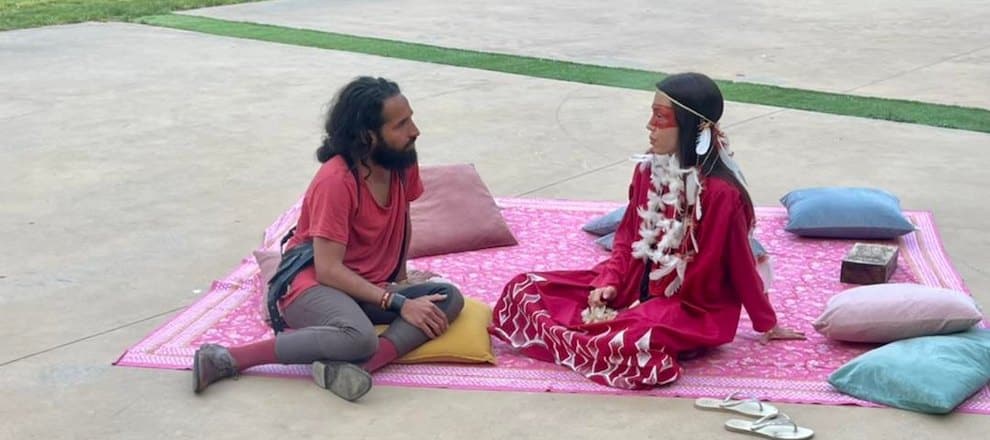- 1
- 1
- 12
- 5
- 2
- 3
- 1
- 1
- 26
- 13
- 1
- 1
- 6
- 1
- 1
- 1
- 1
- 1
- 10
- 6
- 1
- 1
- 37
- 5
- 1
- 1
- 2
- 9
- 3
- 12
- 1
- 1
- 2
- 2
- 11
- 6
- 4
- 1
- 23
- 1
- 7
- 1
- 1
- 1
- 2
- 1
- 1
- 1
- 1
- 1
- 1
- 3
- 1
- 41
- 0
- 1
- 11
- 18
- 4
- 8
- 3
- 5
- 27
- 5
- 12
- 4
- 1
- 3
- 2
- 13
- 2
- 2
- 1
- 2
- 2
- 3
- 1
- 12
- 3
- 3
- 2
- 37
Psychedelic Retreats in Catalonia
The history of psychedelics in Catalonia extends beyond the psychedelic retreats that are now found in the region. Catalonia, an autonomous community of Spain, lies on the northeast of the Iberian Peninsula. The capital and largest city in the region, Barcelona, is the second biggest city in Spain and fifth biggest in Europe.
Academic research revealed that the controlled use of psychoactive plants, like Ayahuasca, has been common at the community level in rural Catalonia for many centuries.
History of Psychedelics in Spain
Artwork discovered in 1918, suggest Spain has been a central hub for psychedelics since 4000 BC; Located in the province of Cuenca, it suggests the ritual consumption of psilocybin mushrooms in both Spain and beyond its borders.
Additionally, Ayahuasca retreats in Europe and churches like Santo Daime and the União do Vegetal that utilize Ayahuasca in their rituals are officially included in the registry of Spain’s religious entities.
Even today, Spain is on the cutting edge of psychedelic research:
- The first MDMA-assisted psychotherapy clinical trial was run in Spain between 2000 and 2002.
- Several psilocybin studies are underway in Barcelona.
- The International Center for Ethnobotanical Education, Research and Service (ICEERS) in based in Barcelona.
Legal Status of Psychedelics in Spain
Psychedelic drug use, in a private place, has been decriminalized in Spain, but having said that, possession/sale penalties range from one (1) to three (3) years in prison with an associated financial penalty equal to two times the value of the drugs.


